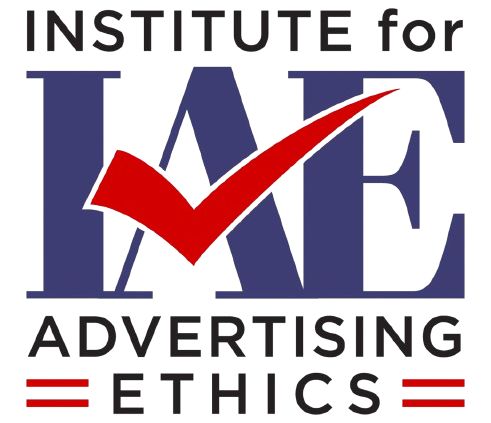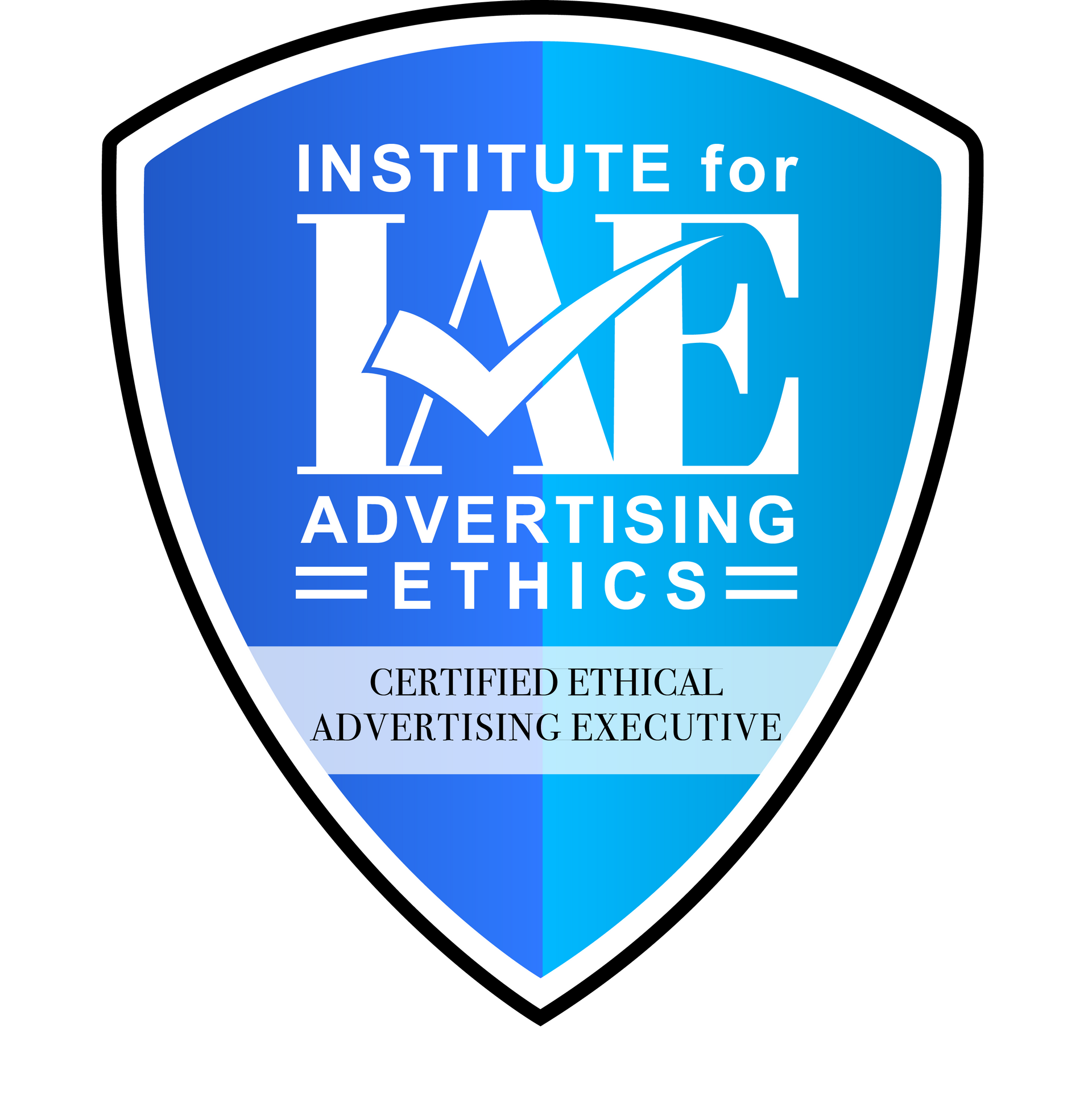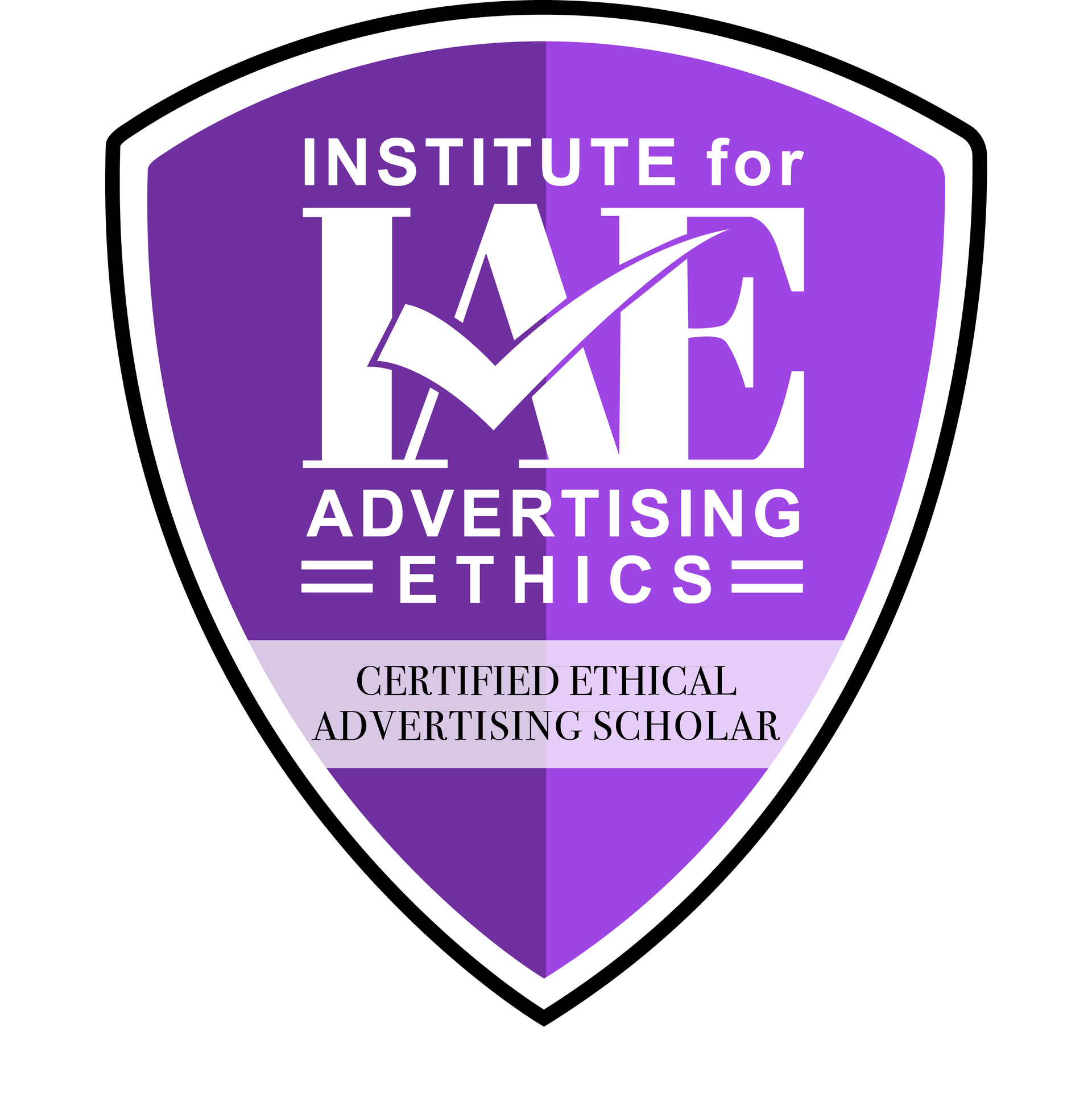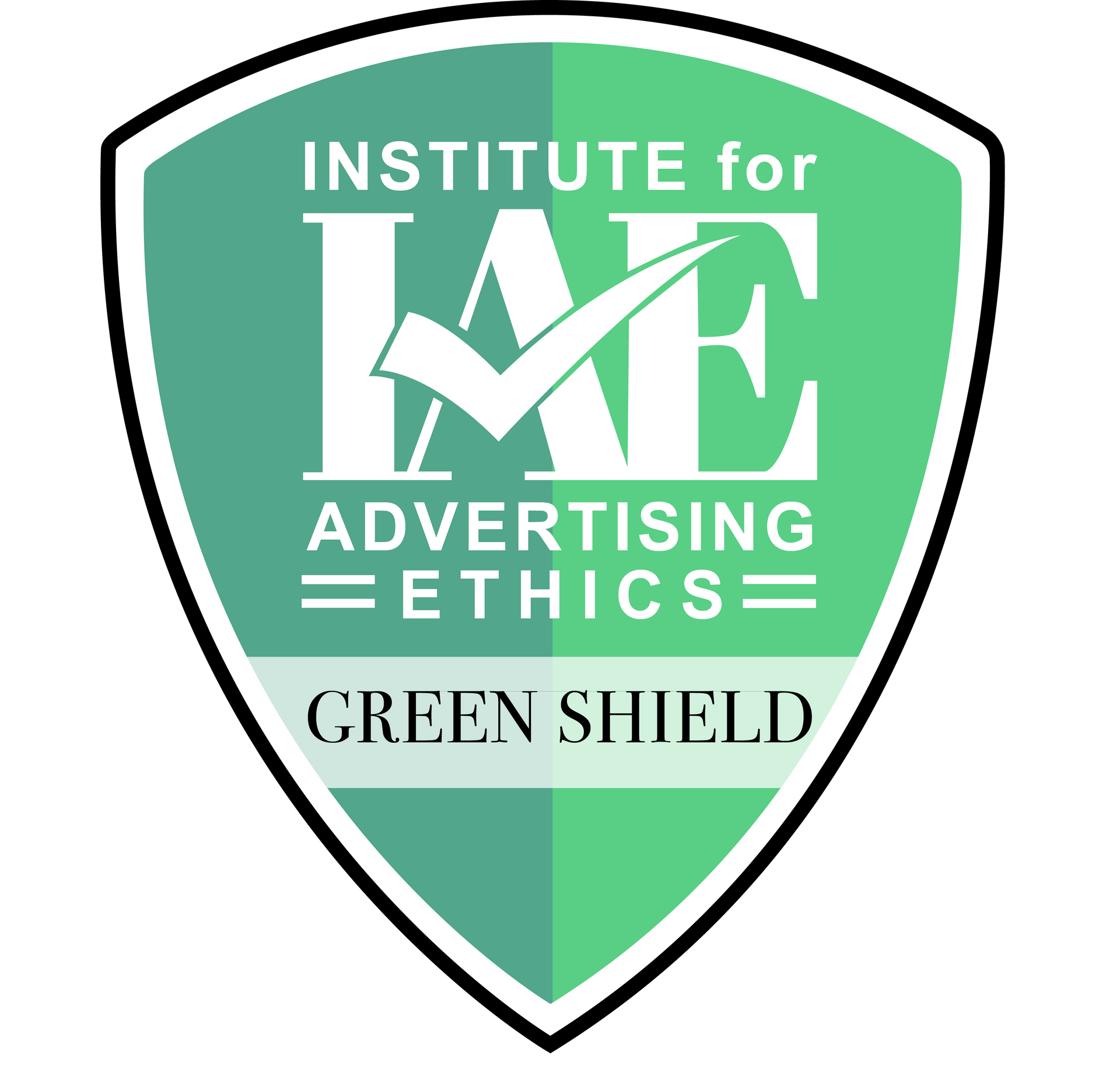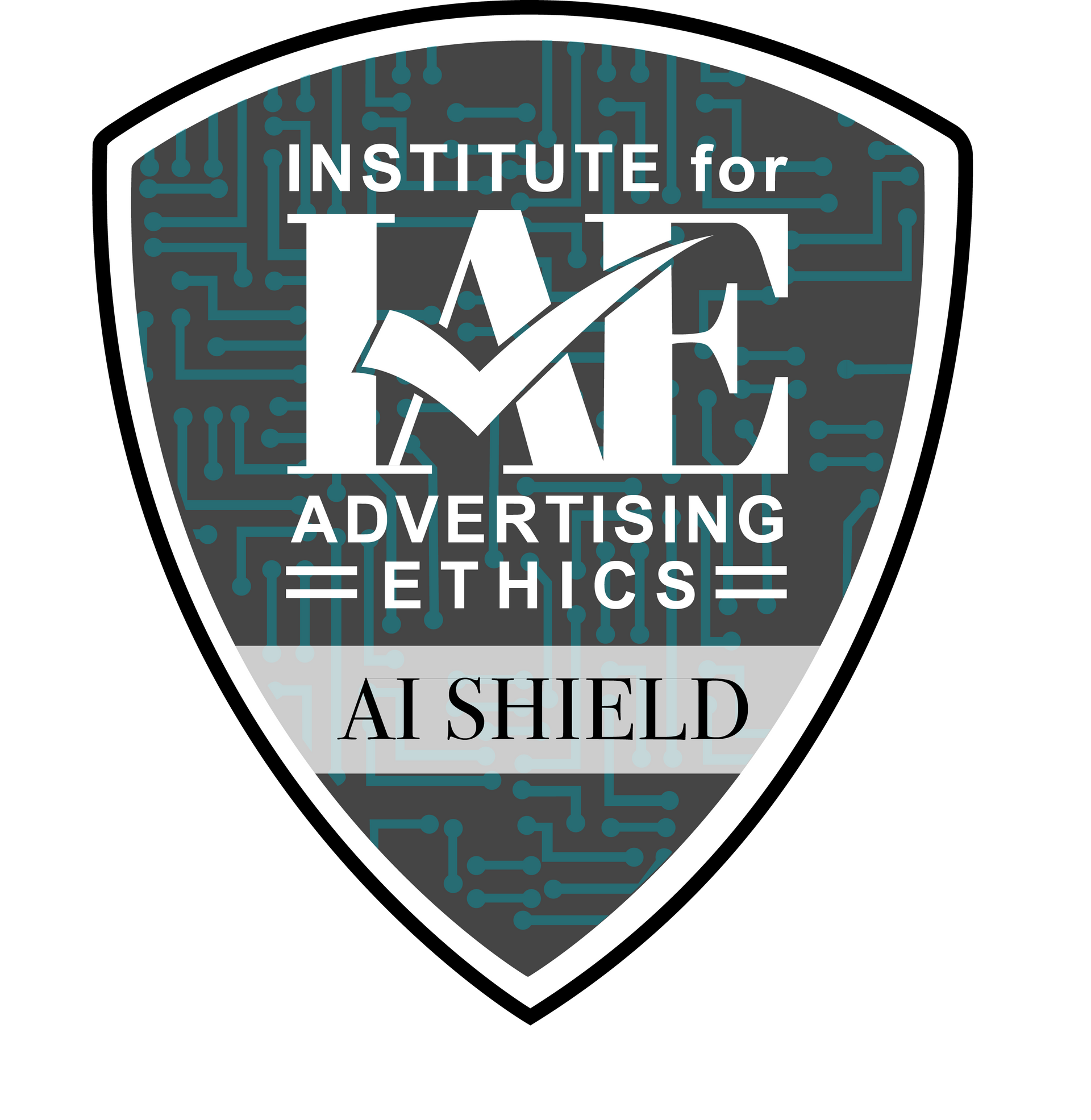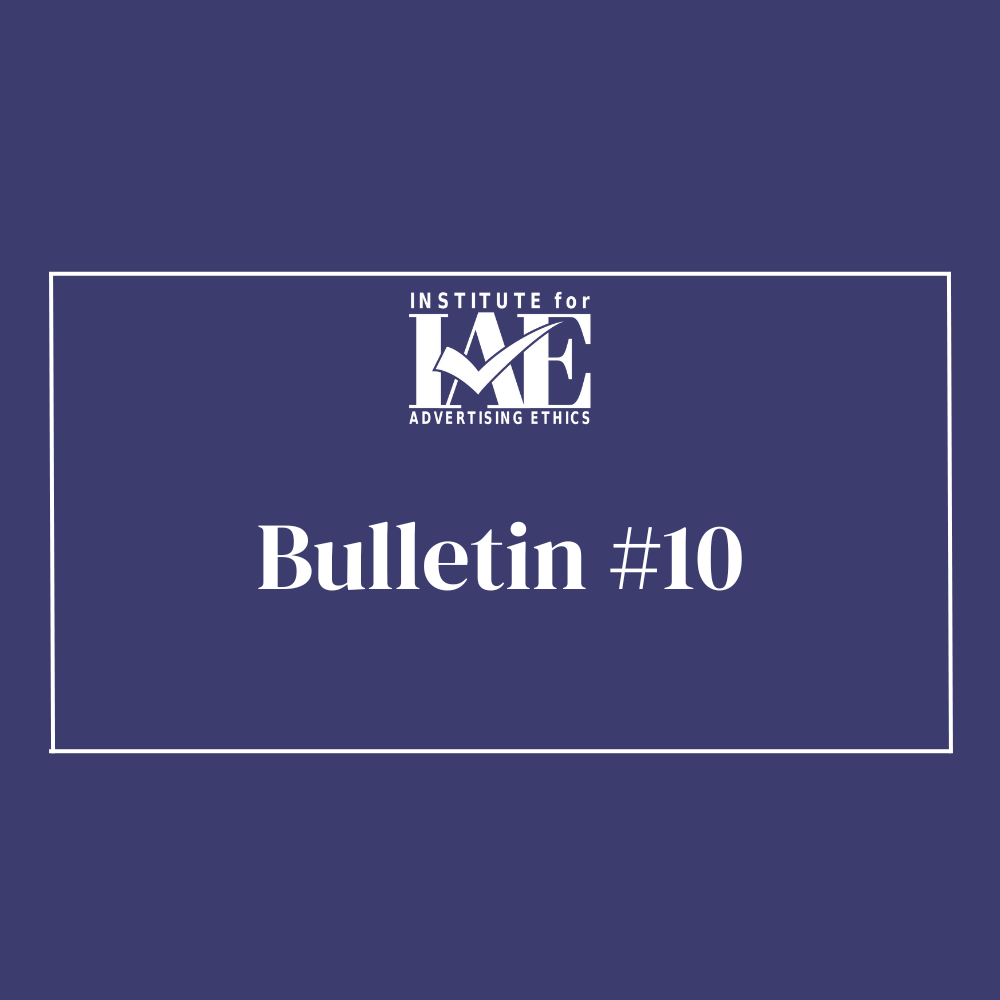Trust Builders: Anna R. McAlister
Meet Anna! A member of our Trust Builders community, Director of Curriculum & Assessment, and Board of Directors.
Anna is a Professor of Marketing at Endicott College. She teaches Consumer Behavior, Senior Thesis, and Business Analysis & Research and is actively involved with Endicott's Distributive Education Clubs of America (DECA) organization. She is also the Director of Curriculum & Assessment and part of the Board of Directors for the IAE!
How have the IAE's certifications impacted you, your career, and your approach to ethical advertising?
IAE certifications have been a wonderful addition to my teaching. Students in my Consumer Behavior class are required to complete Green Shield. I also recommended the CEAS course for our freshman Marketing course. I believe all marketing students can benefit from learning about the importance of ethics earlier in their academic careers.


What Ethical Advertising Principles and Practices do you actively apply in your work and how?
IAE Principle 8 is a really important principle. I think it is essential for employees in any field to feel comfortable raising the discussions about ethics without fear or any negative repercussions.
Principle 8.
Advertisers and their agencies, and online and offline media, should discuss privately potential ethical concerns, and members of the team creating ads should be given permission to express internally their ethical concerns.
Why is ethics important for advertising?
Ethics is important because trust is pivotal to good consumer-brand relationships. Companies need to be honest about the goods and services they provide. Consumers deserve to feel confident in their decision making and also confident that they will be respected in terms of their rights (to privacy, fair play, etc).
What are some of the biggest ethical challenges you see in advertising today and how do you think these challenges can be overcome?
Data privacy is a huge issue. Everyday consumers don't really understand how their data are being used (sometimes used against them). The issue of data privacy can be overcome by (a) leveling the playing field (i.e., educating consumers on the value of their data and how their data may be used to manipulate them) and (b) providing opt-out options wherever possible.
We want to highlight you too! Fill out
this form
to be featured on our Trust Builders Spotlight.
